De-dollarization: India, Indonesia to use national currencies in bilateral trade
India and Indonesia have agreed to use their local currencies in bilateral trade amid a spreading trend of de-dollarization in countries across the globe weary of the negative impact of the greenback's fluctuations.
According to a senior Indian government official cited by US financial media on Monday, Delhi and Jakarta plan to settle bilateral transactions in local currencies.
The two heavily-populated countries also plan to link up their fast payment systems.
The agreements take place as India signed a similar pact with the United Arab Emirates over the weekend, which will see more trade done in the national currencies of the two countries, rupees and dirhams.
According to the anonymous Indian source, Delhi and Jakarta are planning to ease trade by spurring cross-border fund transfers in local currencies, and by linking up their fast payment systems to one another.
The source further said that Indian Finance Minister Nirmala Sitharaman and her Indonesian counterpart Sri Mulyani Indrawati had reviewed the proposals for the bilateral trade pact which had been completed.
The pact had reached its advanced stage and an announcement could be made once officials from the two sides get done with the formalities of the pact, the source added.
The planned pact with Indonesia comes as India inked a similar agreement with Bangladesh earlier this year.
The recent moves are part of the global de-dollarization trend, with countries trying to rid their dependency on the greenback and seek out and utilize other currency options.
Last month, US Treasury Secretary Janet Yellen said Washington should expect a decline in the dollar share of the global reserve.
Yellen even admitted that the global de-dollarization move was gaining pace, describing the spreading trend as a natural desire to diversify.
Experts, however, see the weaponization of the US dollar, and Washington's insistence on imposing sanctions on perceived adversaries, as the factors that have led world countries to be wary of utilizing the greenback in their financial transactions, and to seek new means and solutions for doing international trade.
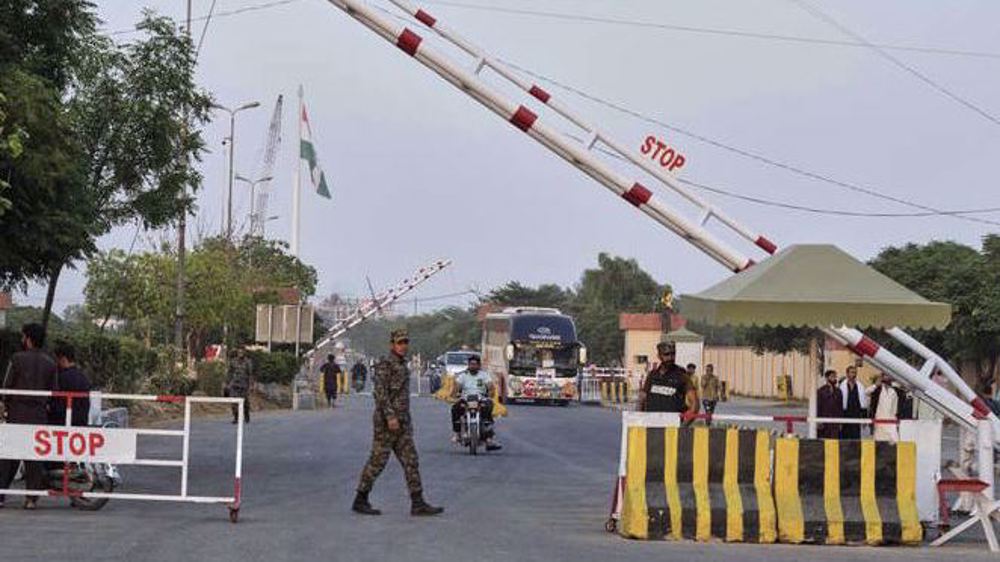
India, Pakistan exchange fire as UN calls for 'maximum restraint'

India, Pakistan escalate tit-for-tat moves with military threats

India downgrades ties with Pakistan after deadly Kashmir attack
MIT forced to cut ties with Israeli weapons maker Elbit Systems
Third round of indirect Iran-US talks kick off in Muscat
VIDEO | Honduras popular democratic project
Tehran slams Paraguay’s blacklisting of IRGC as illegal, tied to Israeli agenda
Israeli forces kill Palestinian teenager in occupied West Bank
US government deports two-year-old citizen 'with no meaningful process'
Spain granted 46 contracts to Israeli military firms since Gaza war began: Report
Yemeni ballistic missile triggers sirens across Israeli-occupied territories


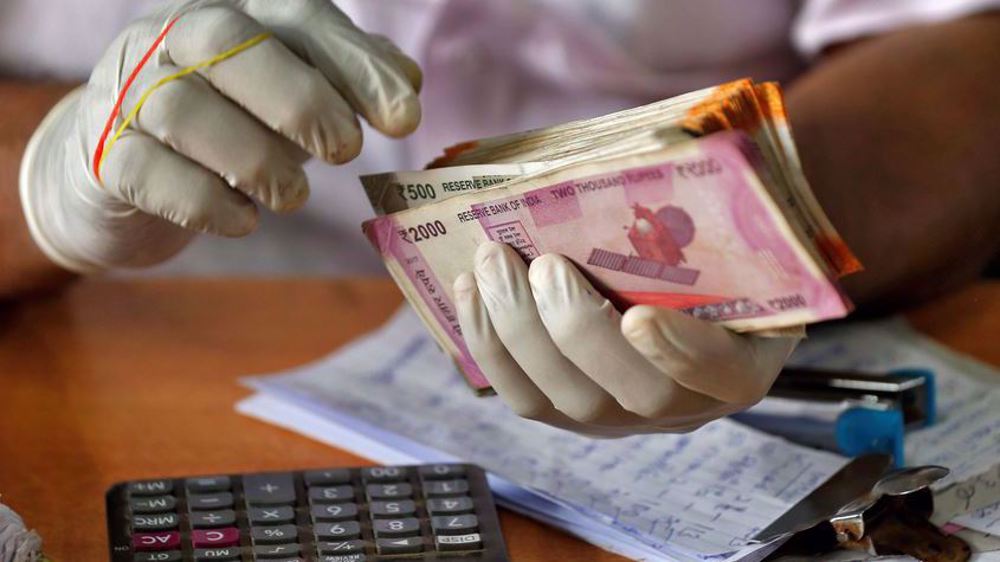
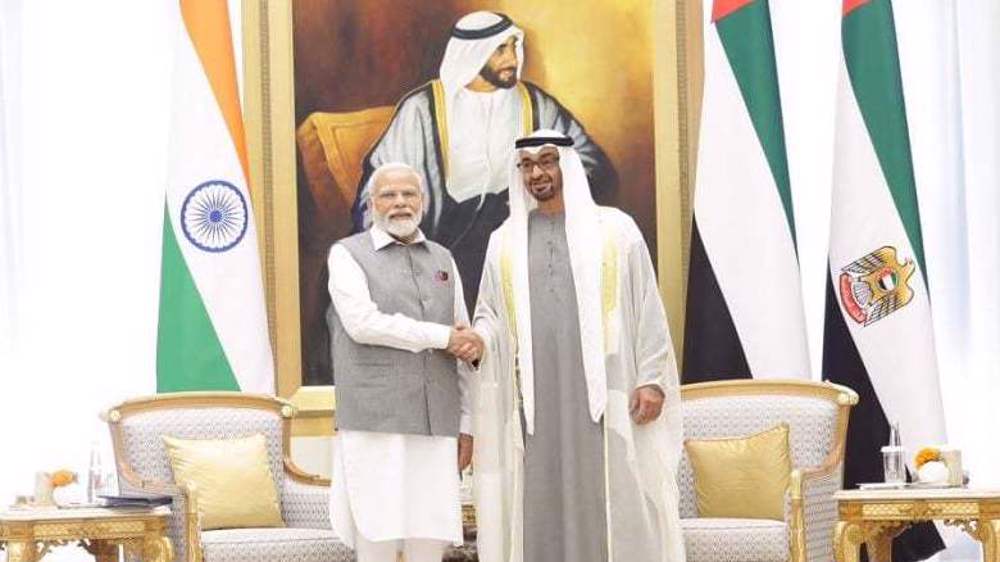
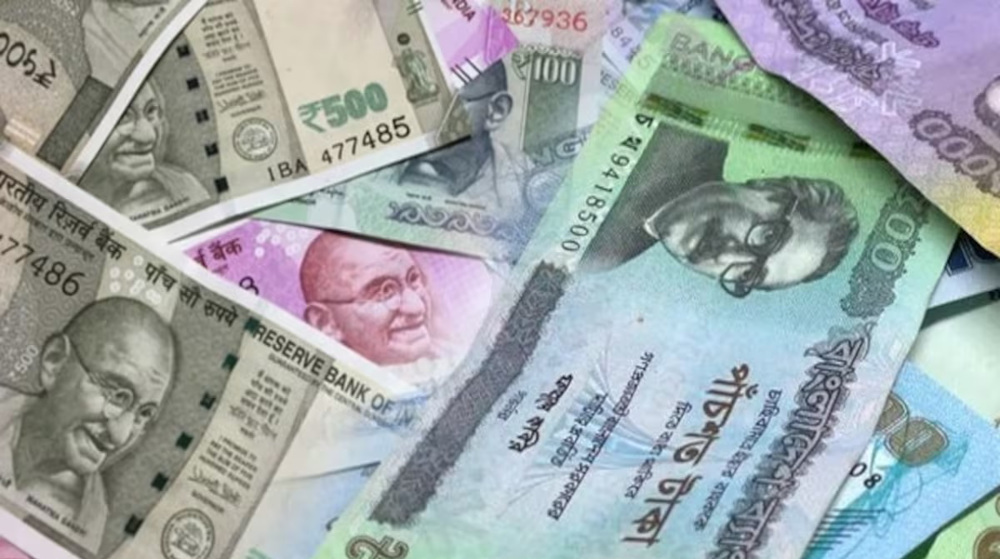



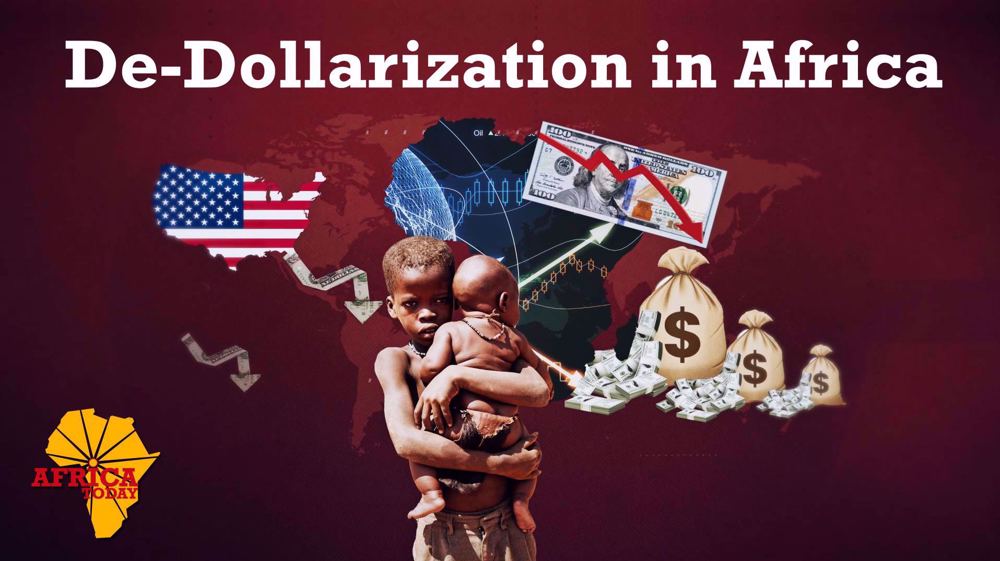

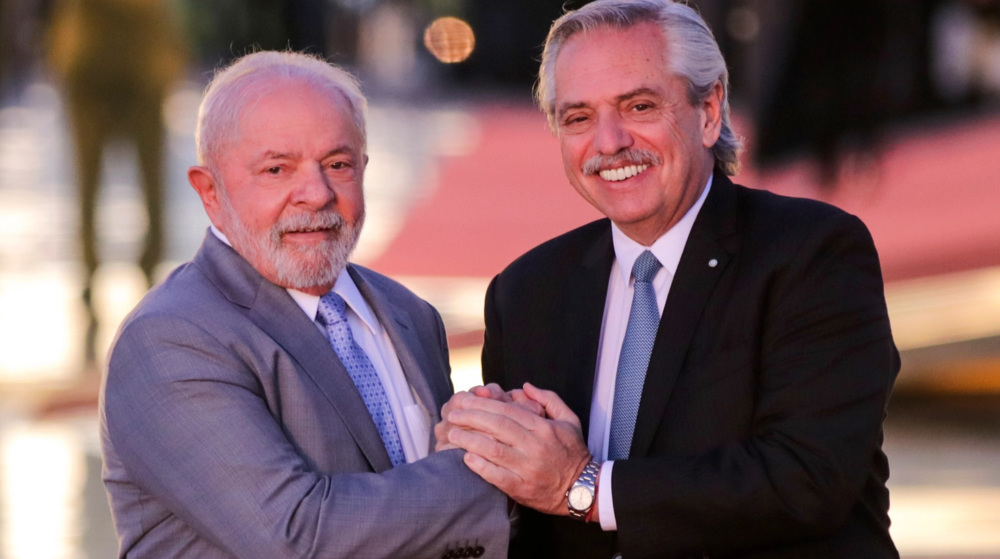


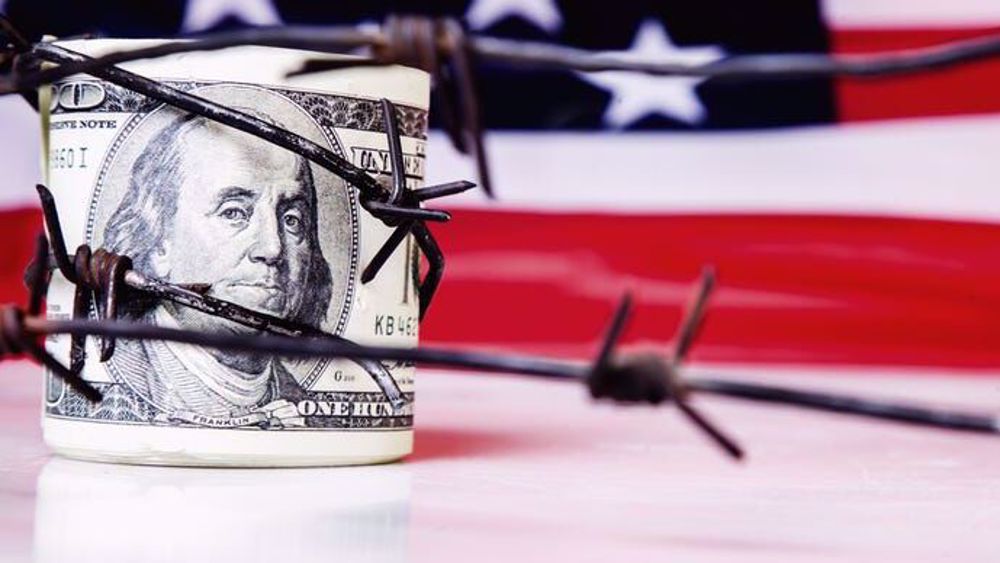

 This makes it easy to access the Press TV website
This makes it easy to access the Press TV website